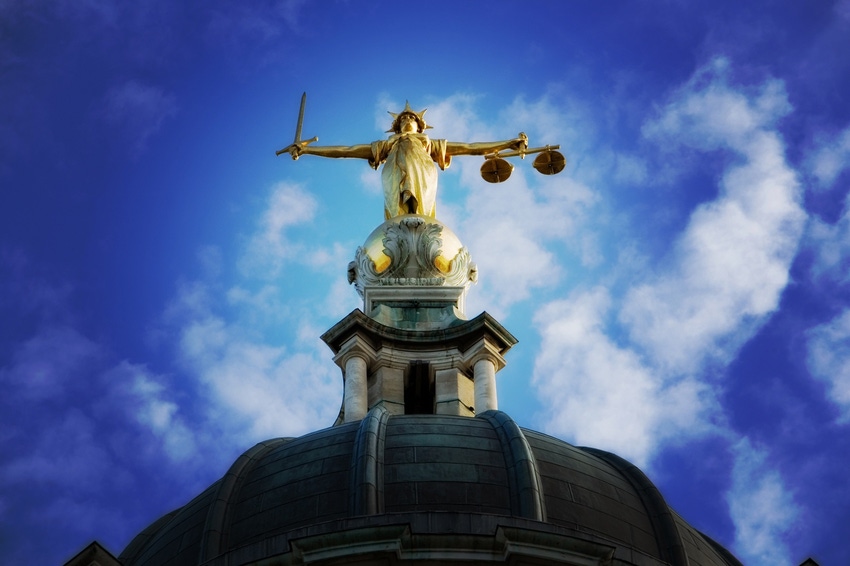The Crown Prosecution Service (CPS) has released guidance which has set out the range of offences for which social media users could face prosecution.
October 10, 2016

The Crown Prosecution Service (CPS) has released guidance which has set out the range of offences for which social media users could face prosecution.
The guidance itself outlines a number of new ways an individual can be prosecuted for online harassment. Examples include encouraging others to participate in online harassment campaigns, known as virtual mobbing, or the release of another person’s personal information, for example a home address, a practice known as doxing.
“Social media can be used to educate, entertain and enlighten but there are also people who use it to bully, intimidate and harass,” said Alison Saunders, the Director of Public Prosecutions. “Ignorance is not a defence and perceived anonymity is not an escape. Those who commit these acts, or encourage others to do the same, can and will be prosecuted.”
Although cyber bullying is a very real problem in the connected world, especially considering recent research has suggested social media is closely linked to a user’s emotions, some may consider the CPS to be somewhat heavy handed in its approach.
Firstly, with the public sector increasingly numbers-driven, will the low-hanging fruit of regrettable tweets entice police officers away from more serious offences? Will this mean a new wave of crime reports be introduced to an already under-staffed and under-pressure police-force? Will the officers in question use these online crimes as to boost performance numbers?
Secondly, who or what decides on what is considered offensive? Your correspondent made a joke on this week’s podcast, which if taken out of context could insult the entire Dutch nation. should this lead to prosecution and who decides on whether this is funny or not anyway? Maybe Ofcom. The CPS has said it realizes a high proportion of what is said online qualifies as banter, but who draws the line and where? There would appear to be a large amount of interpretation involved over whether to criminalize someone or not.
Lastly, the news has been released during Hate Crime Awareness Week, a theme which featured heavily throughout the press release. Cyber bullying should be condemned however associating it so heavily with Hate Crime Awareness Week risks trivializing a lot of what the week stands for.
While action is required in response to the steady rise of cyber bullying and abuses of social media platforms, there is a massive range of issues at hand. A spectrum ranging from tasteless comments to organised, concerted persecution seems to be covered by the ill-defined term ‘hate crime’ and it’s all very well Saunders saying ignorance is no defense but the rules have yet to be defined.
About the Author(s)
You May Also Like








.png?width=300&auto=webp&quality=80&disable=upscale)


_1.jpg?width=300&auto=webp&quality=80&disable=upscale)


.png?width=800&auto=webp&quality=80&disable=upscale)